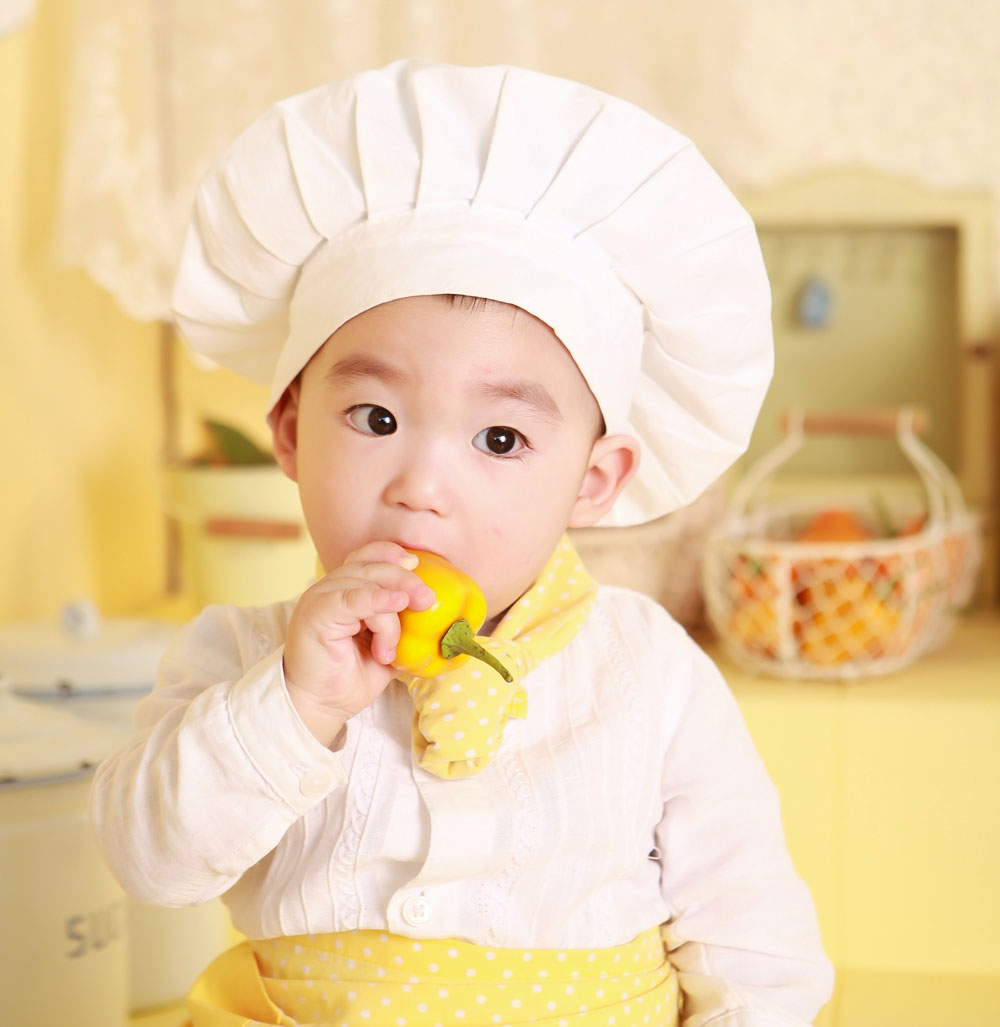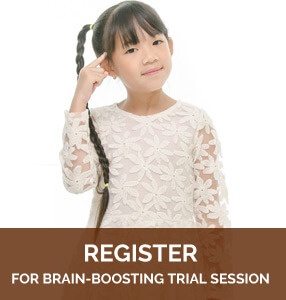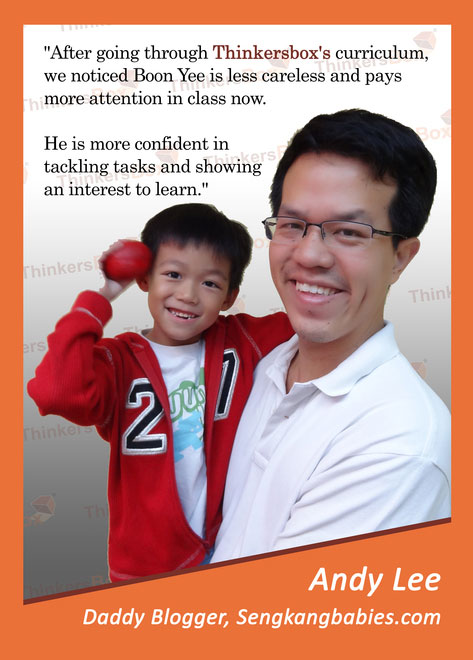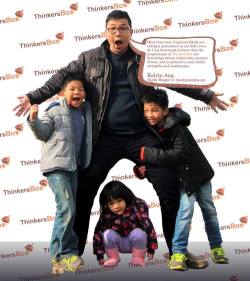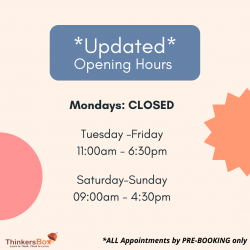
‘Terrible Twos’. A phase all too common among parents and perhaps one of the more gut twisting conversation mothers might discuss about.
But what exactly is ‘Terrible Twos’? Well when a child goes pass the infancy stage to the pre-symbolic stage, there are many changes taking place in their brain and behaviour.
From being an angel, to what is more commonly known as ‘Terrible Twos’.
Well this is mainly a transition stage as your child goes through to toddlerhood. But what exactly is the cause of parents’ frustration during this phase? We all love our children, but sometimes, the ‘Terrible Twos’ stage puts us at our wits ends. How do we help ourselves? Is this simply just a ‘Terrible’ phase as it is called.
No 1. Favourite Word During ‘Terrible Twos’

Is you child making ‘No’ their number one word? Or perhaps the number of tantrums has increased by two to three folds? This is all part and parcel of toddlerhood and the three main reasons that contribute to this phase are as follows:
(Holinger, 2012)
- Increased mobility,
- Dawning self-awareness
- The onset of language.
As your child develops both emotionally and physically, you will see more behavioural changes. The increase in mobility will increase curiosity of wanting to explore, touch and experiment.
We are sure that most children have had their ‘curious’ moments about the power adapters at our homes. During this phase of ‘Terrible Twos’, our children scares us when they try to prod or put things into the pinholes while constantly telling us ‘No’ when we try to stop them. Sadly, our children do not know of such dangers. It often comes at the expense of a parent’s anxiety when it comes to safety issues.
Given that ‘Terrible Twos’ phase can be difficult, it does bring its rewards.
With the rise in self awareness, and the combination of language, this is the time when children are discovering themselves and how to express their thoughts and feelings. Prior to language, visual cues often allow parents to pinpoint how our children feel.
While the much dreaded ‘No’ may arrive, the language will actually be a turning point for parents to teach their children about how to express emotions.
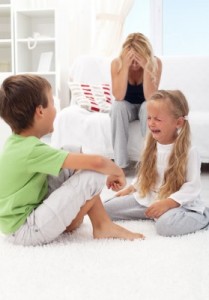
Due to the limitation of language, children may get frustrated about being unable to express themselves, and this is probably when the tantrums set in. Unlike teenagers who have self consciousness of the surroundings, toddlers may have outburst at the worst possible places. Very often parents may feel embarrassed, especially in a public surrounding, but knowing to keep their own temper in check is critical in teaching your child about managing their emotions.
As always, while it is important to not reinforce bad behaviour, it is also important to let your child know that you love him/her and is there to offer them the support they need.
Incorporating Please, Thank You & I’m Sorry
During the ‘Terrible Twos’ phase, it may seem difficult to teach a child to be polite. Thus parents are the role models of such behaviour. Instead of ordering your children about, give reasons and choices. As much freedom as you can give your children to learn and explore, parents too must let children know where is the line that should not be crossed.
Start by using these words in daily conversations: Please & Thank You.
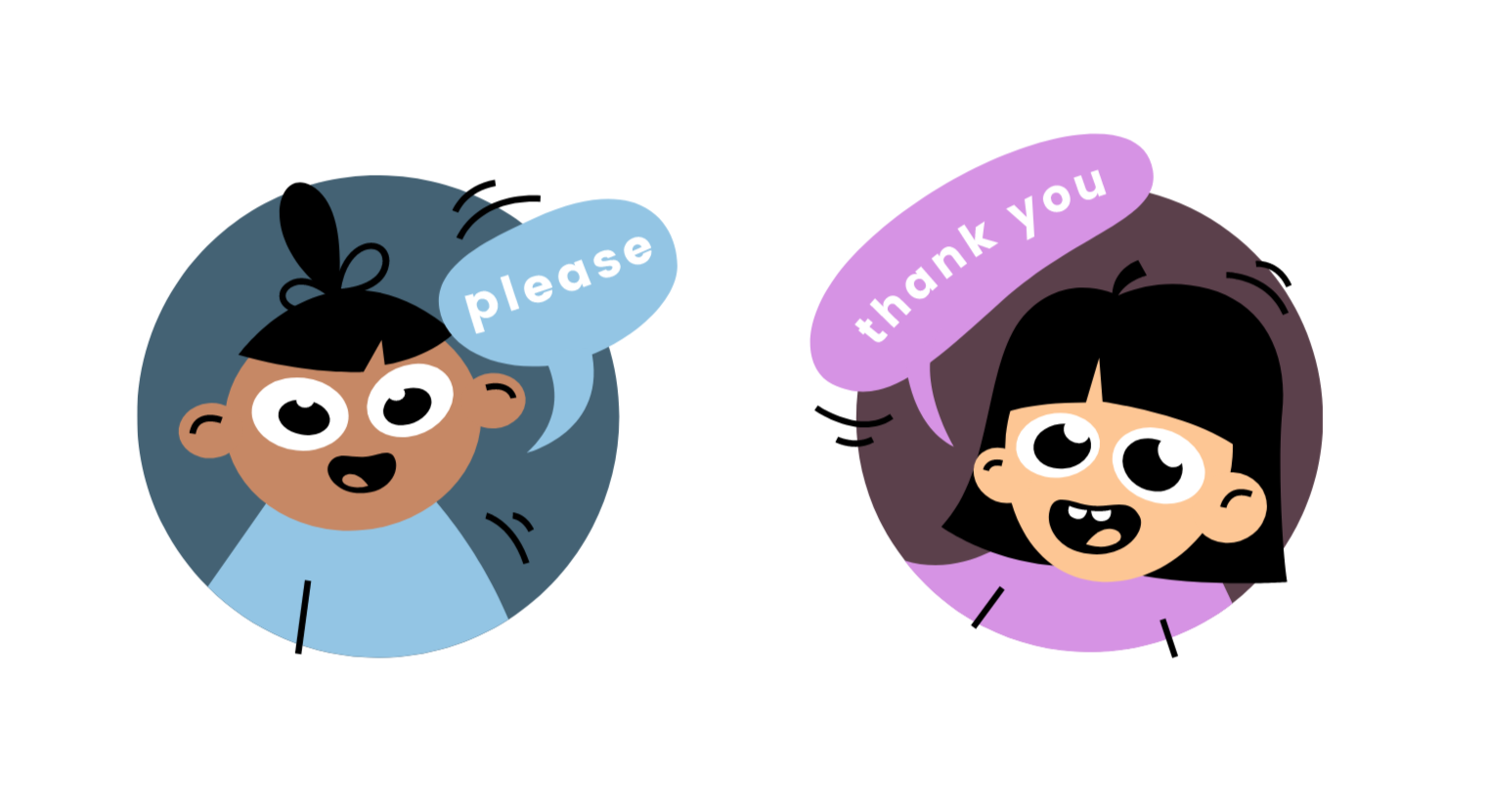
After all, ‘Terrible Twos’ is but a phase in your child’s development. Do not be dishearten when the tantrums get to you. Parents need a breather too. Remove your child from the source of danger and then take a step out to keep your cool. You may be aware of the gazes that other parents are giving you, but do not worry, because they have been through this ‘Terrible Twos’ phase too =).



